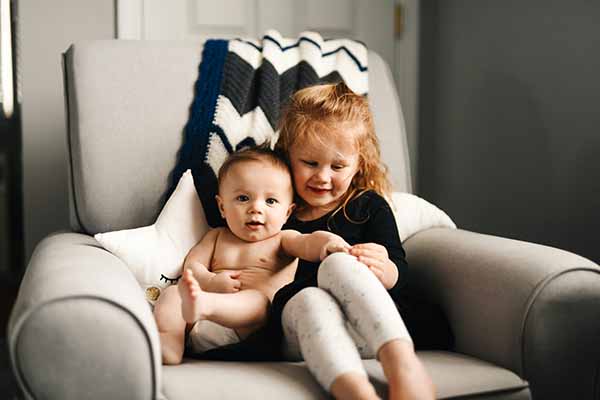
Navigating Anxiety: A Compassionate Guide to Understanding and Managing Childhood Anxiety
Hello compassionate parents,
Cathryn here, your caring nurse and mom of three beautiful souls, and today I want to delve into a topic that touches the hearts of many families – childhood anxiety. As parents, witnessing our children grapple with anxiety can be challenging, but fear not, dear parents, for I'm here to provide insight and practical strategies to navigate this journey with understanding and compassion.
1. Recognizing Signs of Anxiety: Understand the signs of childhood anxiety, which can manifest as excessive worry, restlessness, changes in behavior, or physical symptoms like stomachaches or headaches. Recognizing these signs is the first step in offering support.
2. Open Communication: Foster open communication with your child. Create a safe space where they feel comfortable expressing their thoughts and feelings. Encourage them to share what might be causing their anxiety without judgment.
3. Validate Their Feelings: Validating your child's feelings is crucial. Let them know it's okay to feel anxious and that their emotions are valid. Avoid dismissing their concerns and instead offer empathy and understanding.
4. Establish Routine and Predictability: Create a sense of routine and predictability in your child's life. Knowing what to expect provides a sense of security, which can be especially comforting for anxious children.
5. Teach Coping Strategies: Equip your child with age-appropriate coping strategies. These can include deep breathing exercises, mindfulness, or creating a calming corner with sensory items. Teaching effective coping mechanisms empowers them to manage anxiety independently.
6. Gradual Exposure: Gradual exposure to anxiety triggers can help desensitize children to their fears. Start with small, manageable steps and gradually increase exposure as they become more comfortable.
7. Encourage Healthy Habits: Promote healthy habits that support emotional well-being. Ensure your child gets enough sleep, eats nutritious meals, and engages in regular physical activity. These habits contribute to overall resilience against anxiety.
8. Seek Professional Support: If anxiety persists or significantly interferes with your child's daily life, consider seeking professional support. A mental health professional can provide tailored strategies and support to address specific anxiety triggers.
9. Model Calm Behavior: Children often learn by observing. Model calm and resilient behavior in the face of stress. Demonstrating how to cope with challenges sends a powerful message to your child about managing anxiety.
10. Celebrate Small Victories: Celebrate your child's achievements, no matter how small. Recognizing and celebrating their progress boosts their confidence and reinforces the idea that they can overcome challenges.
Dear parents, navigating childhood anxiety requires patience, understanding, and a commitment to providing unwavering support. By implementing these strategies, we can create an environment where our children feel heard, supported, and equipped to manage anxiety in a healthy way.
Stay tuned for more parenting tips and heartfelt stories from this cheerful, excited, sweet, and caring mom on the go!
Sending understanding and compassion your way,
Cathryn S.
More articles by Cathryn S.

Welcoming a New Sibling: A Parent's Guide to Preparing Your Little Ones

Embracing Motherhood: Healthy Pregnancy Snacks for Nourishing Your Body and Baby
